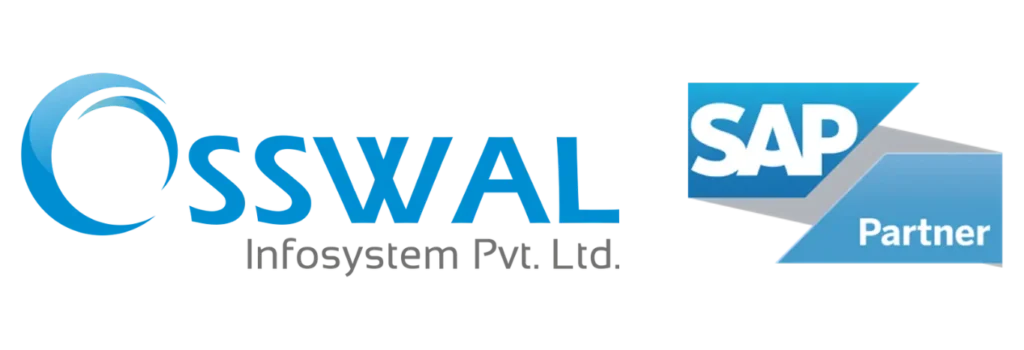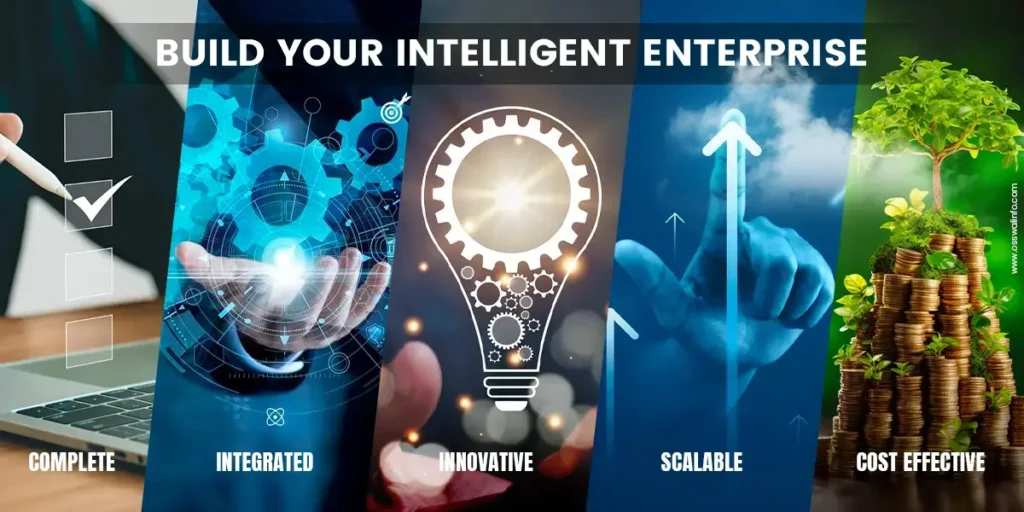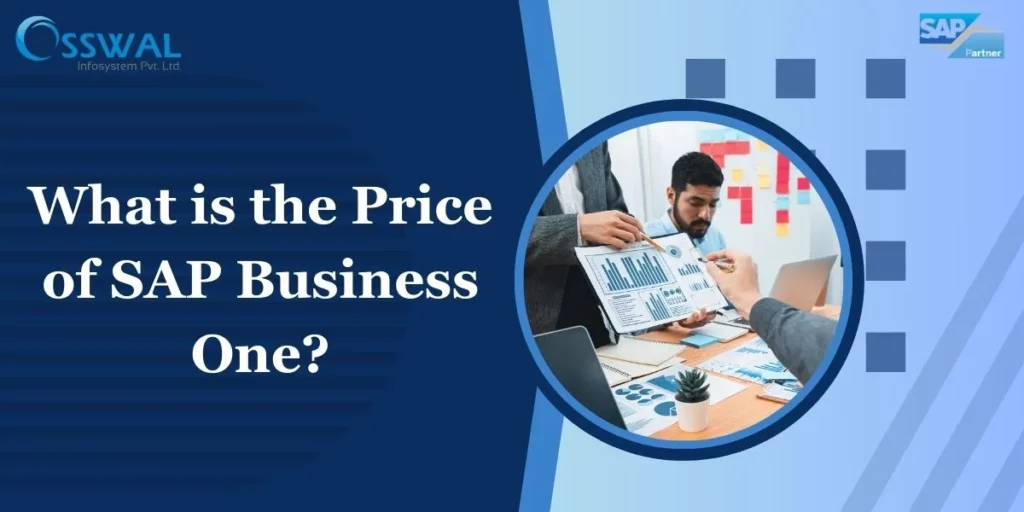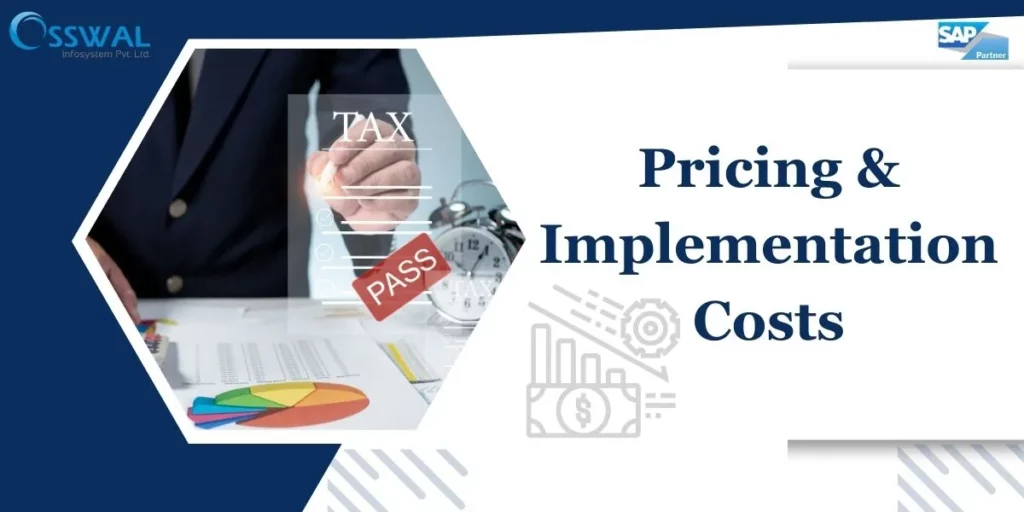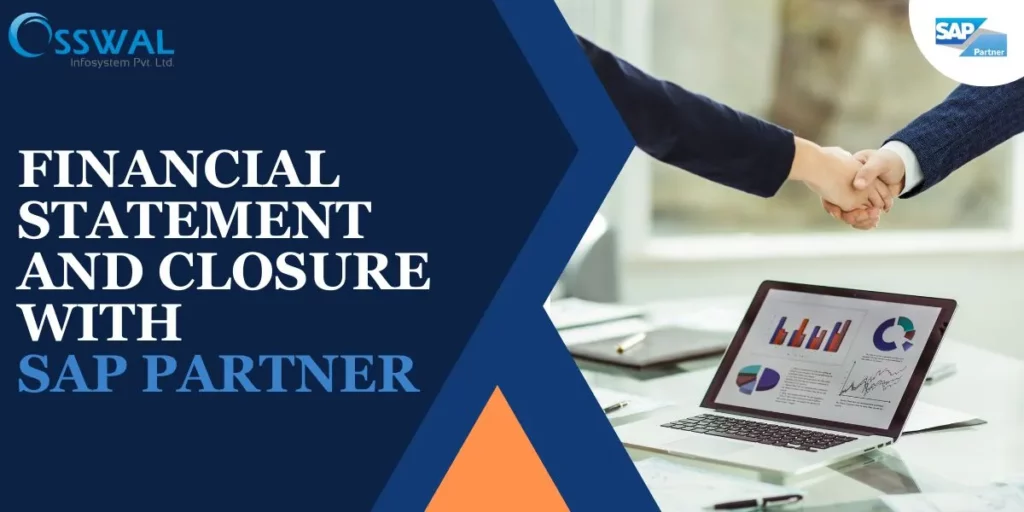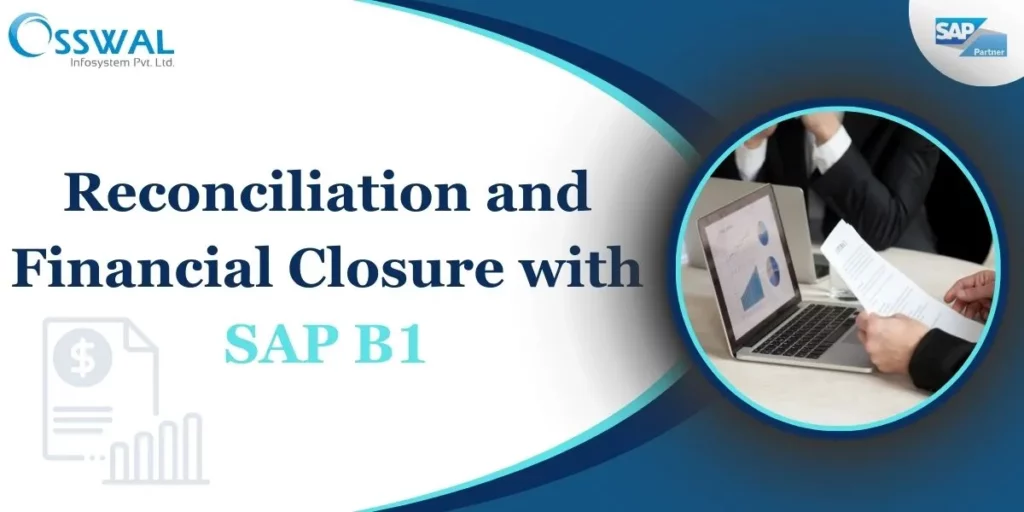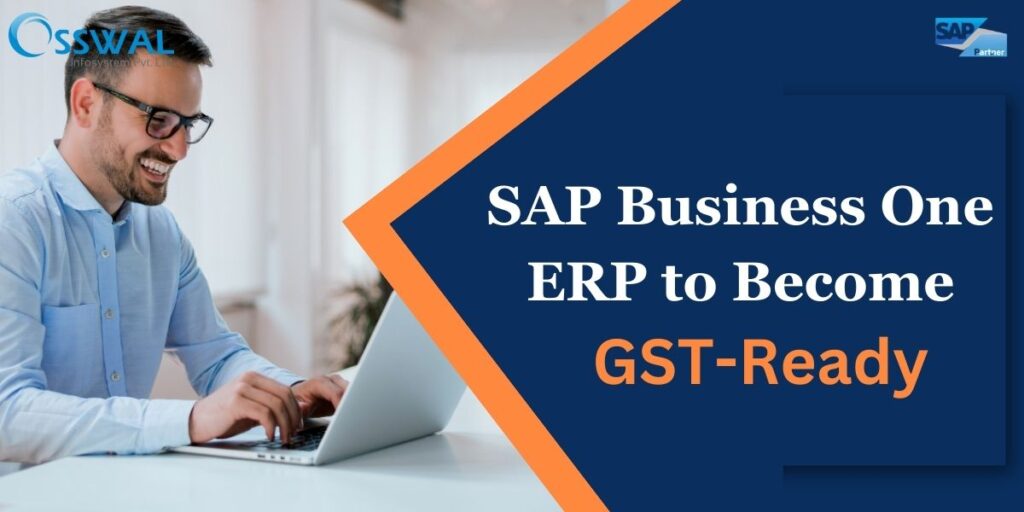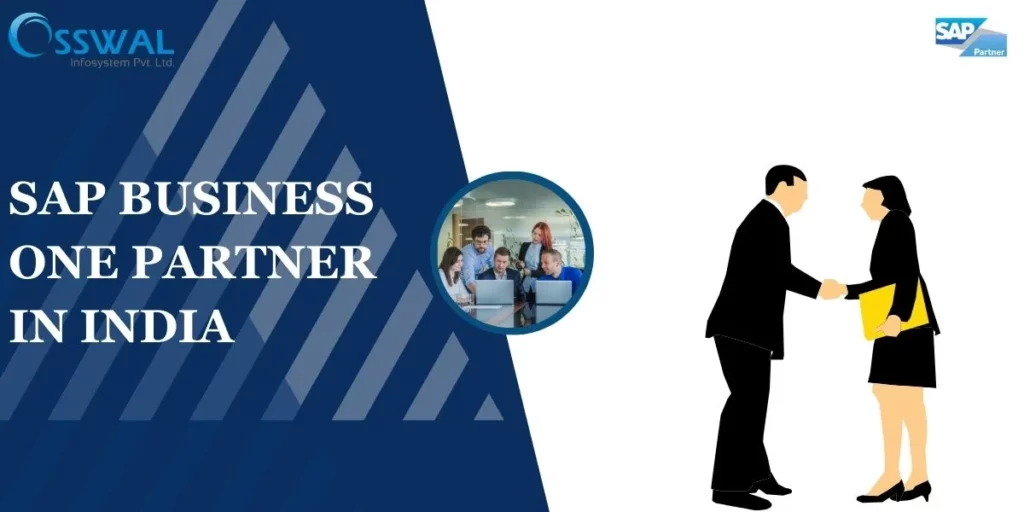SAP Business One is a powerful and all-inclusive tool that is tailored to the requirements of small and medium-sized businesses (SMEs) in the constantly changing world of business software solutions. Knowing the costs of SAP Business One software is essential for Indian firms looking to increase operational effectiveness and obtain a competitive advantage. Unraveling the […]
Prices in India for SAP Business One Software Read More »
